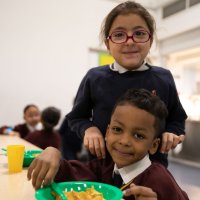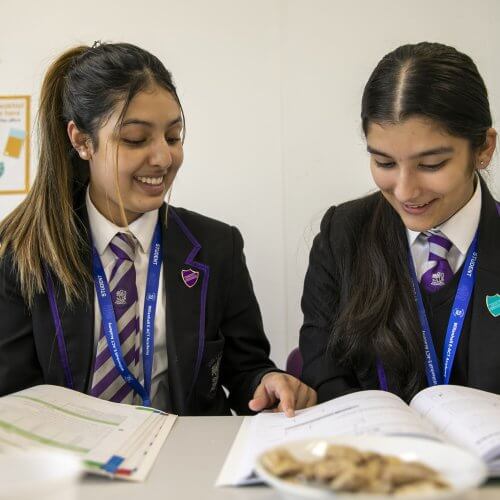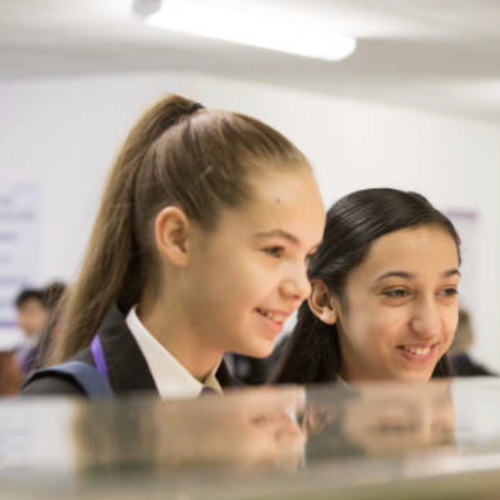It currently feels like every day brings new, ‘unprecedented’ and alarming statistics relating to hunger and food insecurity. This week, the Food Foundation published its latest Food Insecurity Tracker, which found there are now 4 million children living in homes without adequate access to food. This is a 50% increase since April – 1.4 million more children – who are at risk of being hungry at the start of the school day.
The Food Foundation’s findings highlighted not only that more children and young people in the UK are facing food insecurity, but also that households with children have been the hardest hit.
Growing food insecurity is being caused by households not having enough money to make ends meet. The speed and degree to which costs are rising mean that we face an emergency. Households are being forced to cut back on the quantity, quality and nutritional value of the food they buy. This will get worse this winter and it will cost us all in the long-term.
We are finding a lot more children accessing breakfast club, but also a lot more children entering school without breakfast on a daily basis… I am really concerned this will only increase in the winter months and providing a hot breakfast for the children will become a lifeline to our families.
School Business Manager At A Magic Breakfast School
It is costing children and young people their educations and future. The attainment gap between disadvantaged primary school pupils and their peers has widened to its largest in 10 years, showing the stark impact of circumstance on young people’s learning and opportunities.
Magic Breakfast’s annual survey of partner schools makes for further difficult reading and offers more stark statistics. 81% of Magic Breakfast partner schools surveyed believe that child hunger has increased in their school community in the past year and 97% felt that the rising cost of living was the leading cause.
It’s easy to feel overwhelmed or helpless in the face of these figures and headlines. Their scale and the perceived complexity that lies beneath them. It’s also easy to forget that children and young people are at the heart of these statistics.
The reality of this cost of living emergency, which school staff share with us, is that more children are living in temporary accommodation, there are rising levels of domestic violence, and poor mental health. We have international NGO’s starting to operate in the UK in response to rising levels and more acute need. These are the day to day lives and experiences of our children. Children and young people are not just paying a price today; the repercussions of these headlines and statistics in 2022 will have lifelong implications on their futures and life chances.
Every morning children and young people walk into their school with a new day ahead of them. More and more of them are walking in with an empty tummy and are too hungry to learn. While Magic Breakfast can’t affect what happened before they came into school (although we do work alongside brilliant charities that do) we can ensure children get the start to their school day that they need.
Visiting our partner schools, I get the opportunity to see just how magical breakfast can be. Children sit and eat nourishing and filling food, they develop friendships and have fun, they feel a sense of belonging and love through the care their teachers and school staff show. Whether it’s helping them with tuition, talking about how they’re feeling that day, or brushing their hair. These things can’t be put into statistics, they rarely make the headlines, but they do make a difference to them.
Faced with this emergency, we have a moral duty and urgent need to act now. We must ensure that 4 million children don’t suffer this winter and that they don’t suffer the lifelong impact of missing out on their education. The Government must step in to ensure that those in need are given urgent assistance.
One final number. 28 pence. The cost of a breakfast and making the start to a child’s school day a bit more magical. To ensure they have the fuel they need to learn. It doesn’t end the need to tackle the big numbers and headlines, and we will continue to collaborate with others to do so, but it does mean that the 4 million children in that headline have a better start to their day and we all have a better future.






